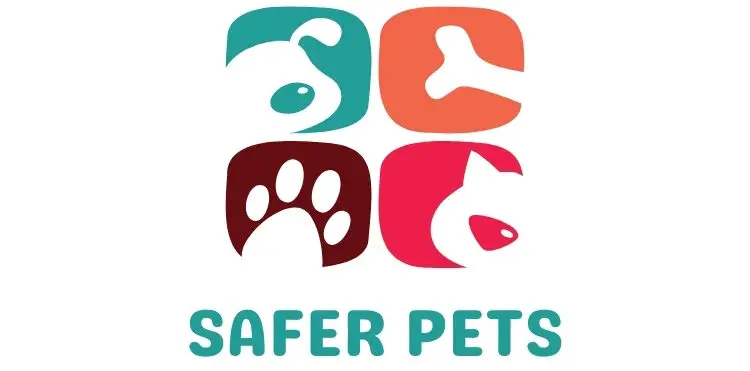Every year large numbers of pets end up in veterinarian surgeries due to accidental poisoning. With a few safety precautions you can stop your pet becoming another accidental poisoning statistic.
Even the most innocent of substances can poison your pet. Onions, coffee grounds because of their high caffeine content, chocolate, and even bread dough.
Plants
Plants are a prime target for many pets. Always keep houseplants in areas where your pet will not have access to them. Many plants we keep as garden ornamentals are also extremely toxic to pets. Oleander, lilies particularly for cats, rhododendrons, foxgloves, and azaleas along with a host of other plants are responsible for pet deaths every year.
Search the Internet and ascertain which plants are poisonous to your pet and if you have any of them in your garden dispose of them.
Garden Sprays
Garden sprays are additionally a hazard. If a spill occurs and your pet happens to get some of the toxic material on their paws, then licks their paws your pet will be in serious trouble. Herbivorous pets such as guinea pigs and rabbits are particularly at risk from ingesting toxic substances used on lawns. Another danger that presents itself is your pet brushing against spray-dampened foliage and then cleaning itself and ingesting the toxin this way.
If you spray in your garden spray drift can be a problem, this can easily find its way into any fishponds you may have, if you are a backyard pond keeper, and lead to the demise of your goldfish. If you insist on spraying your garden, use one of the animal friendly products on the market.
Snail, rat and mouse baits, as well as ant and cockroach traps all contain attractants that your pet as well as the targeted pest will find attractive. Put these in areas your pet cannot get access to. Snail bait causes numerous pet fatalities every year. If you must use snail bait ensure the one you get does not contain metaldehyde and is pet safe.
Household Substances
Household substances can be lethal to your pet. Dishwasher powder, fragrant oils, detergent, washing-up liquid, batteries, and even your child’s play dough can all have fatal consequences for a pet. Always ensure these are up out of your pets reach and never leave buckets containing cleaners unattended.
Antifreeze is a problem during winter. This sweet tasting substance attracts pets. It only takes less than a teaspoonful to kill a large dog if swallowed. If any of this substance gets spilt flush the area with fresh water very thoroughly.
Treats & Food
Quite a few pet owners like to give their animals a treat. Your dogs little piece of chocolate, as a treat is gradually poisoning your pet. Large amounts of chocolate, or small amounts over extended periods, can result in the untimely death of your pet. If you feel you must give chocolate as a treat get some of the specially formulated chocolate substitutes that are available from your local pet store.Onions are another thing to avoid as they are toxic to your pet.
Any coffee grounds or instant coffee spilt should be cleaned up immediately, if your pet eats or walks through it then cleans themselves the caffeine in it can have fatal consequences. Cigarette butts can additionally be a hazard, especially with puppies. These can make your pet extremely ill. Alcohol can also be toxic to your pet. If pets, with their smaller body mass, happen to get into your alcoholic beverage it can easily cause them to end up with alcohol poisoning. Do not give pets alcohol no matter what the reasoning behind it. Always make sure your drink is out of reach of your pet.
Medications
Do not under any circumstances try to medicate your pet with human intended medications. Some of these can be lethal. Always use veterinarian prescribed or advised medications.
Keep human medications out of the reach of your pet, preferably locked away. Even small amounts of some medications can be extremely toxic to your pet. Ensure any spilt medications are quickly cleaned up and dropped tablets are retrieved straight away.
Watch the strength of some medications. Always consult your veterinarian to find out which medication is suited to the age of your pet.
Take Action
If through some misfortune your pet should be poisoned, don’t panic. A clear head could save your pet’s life.
Collect whatever you suspect may have poisoned your pet, and if the offending substance has one take the container it was in. This will aid the veterinarian in determining the best way to treat your animal.
If your pet consumes something that is toxic but seems fine still immediately take it to the vet as some poisons take several hours to manifest symptoms.
Having a pet is like having a small child; you have to be constantly vigilant to stop them from harming themselves. A moment’s carelessness is all it takes.
